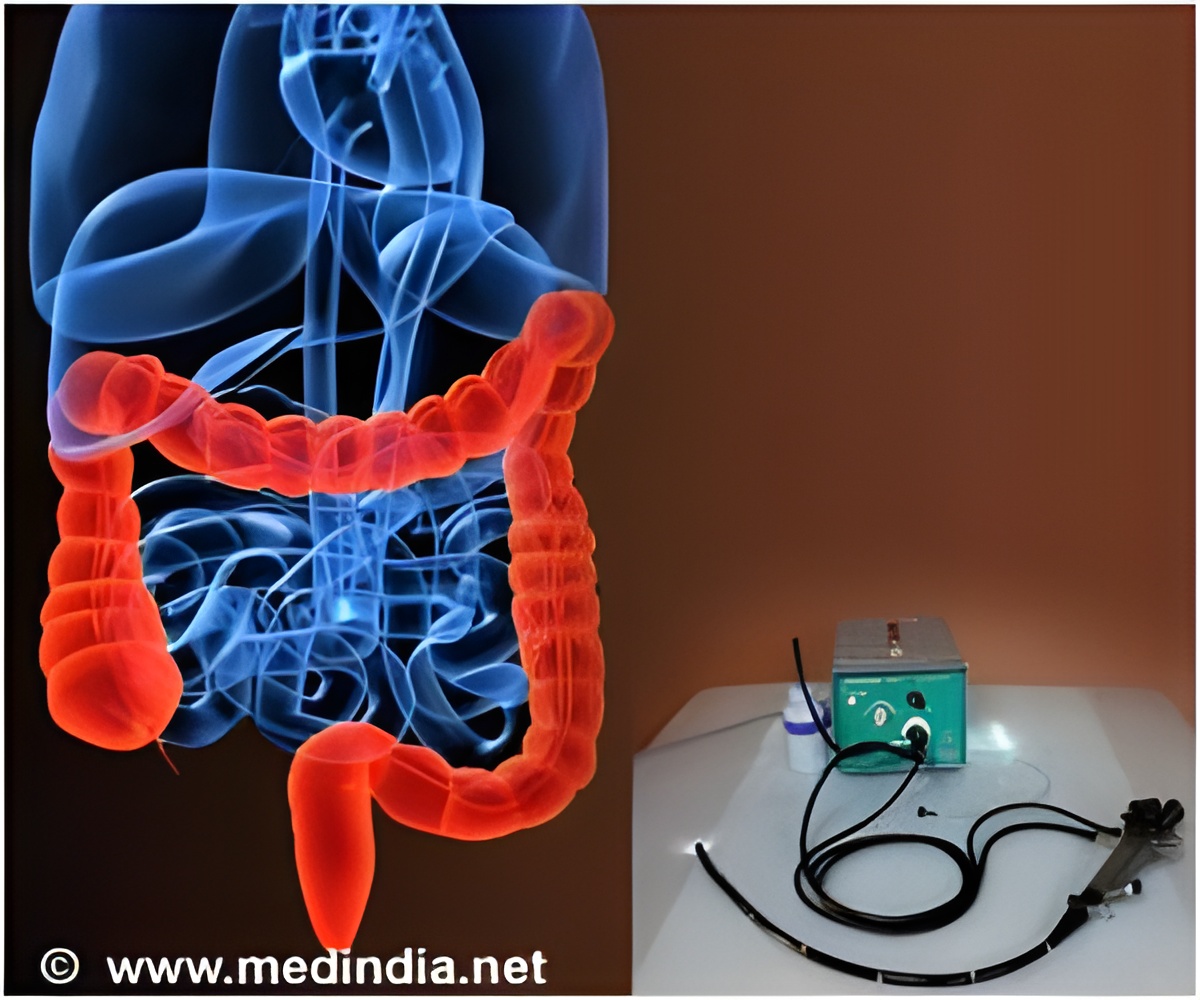A collagen-like protein secreted by fat cells, adiponectin, derives from the ADIPOQ gene. Variations in this gene may increase risk for cardiovascular disease, type 2 diabetes and various cancers.

Xin Guo, First Affiliated Hospital of Harbin Medical University, China, and Jiaqi Liu, Liuping You, Gang Li, Yuenan Huang, and Yunlong Li, Second Affiliated Hospital of Harbin Medical University, explored the relationship between two polymorphisms in the adiponectin gene and the risk of colorectal cancer in the article "Association Between Adiponectin Polymorphisms and the Risk of Colorectal Cancer." They also showed that these genetic variations may interact with environmental factors, such as red meat intake, to affect cancer risk.
"This paper suggests that adiponectin gene sequence may have significant prognostic value for colorectal cancer," says Kenneth I. Berns, MD, PhD, Editor-in-Chief of Genetic Testing and Molecular Biomarkers, and Director of the University of Florida's Genetics Institute, College of Medicine, Gainesville, FL.
Source-Eurekalert
 MEDINDIA
MEDINDIA




 Email
Email










